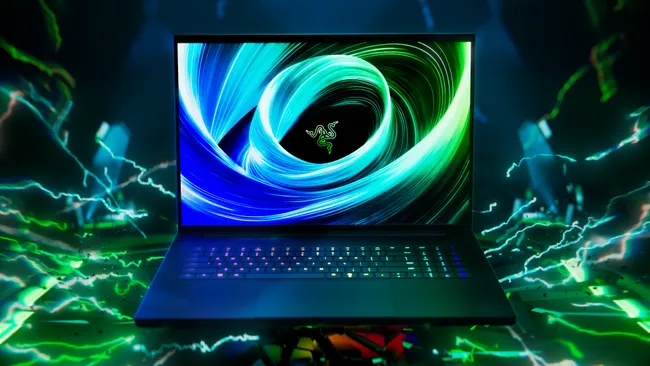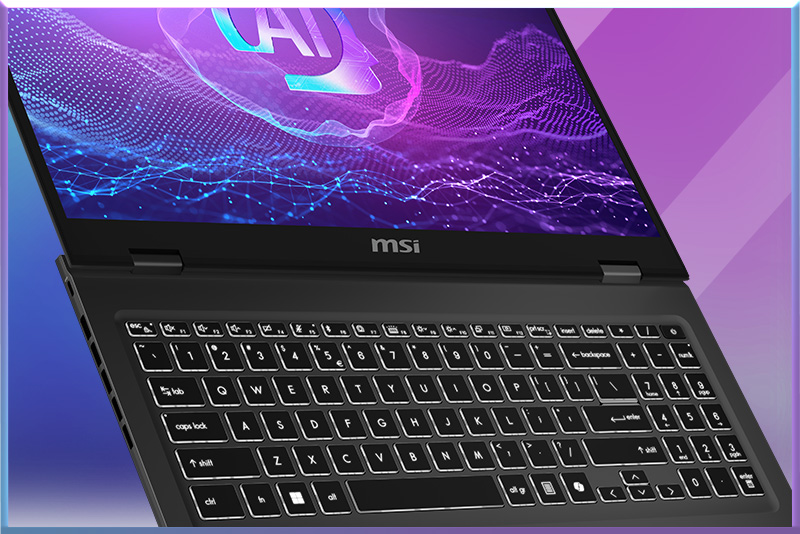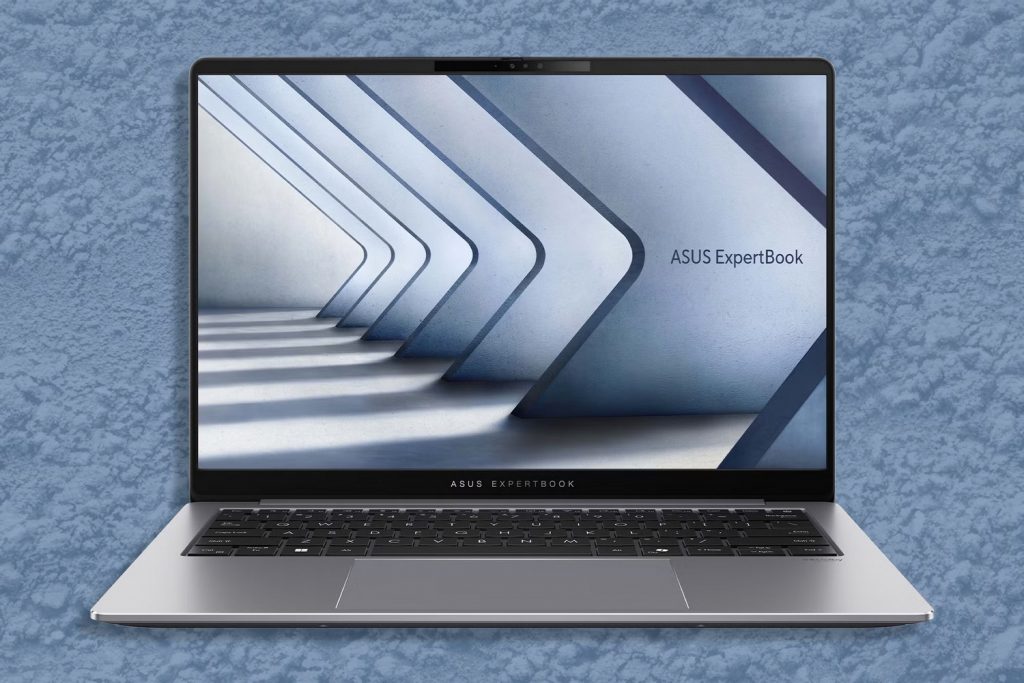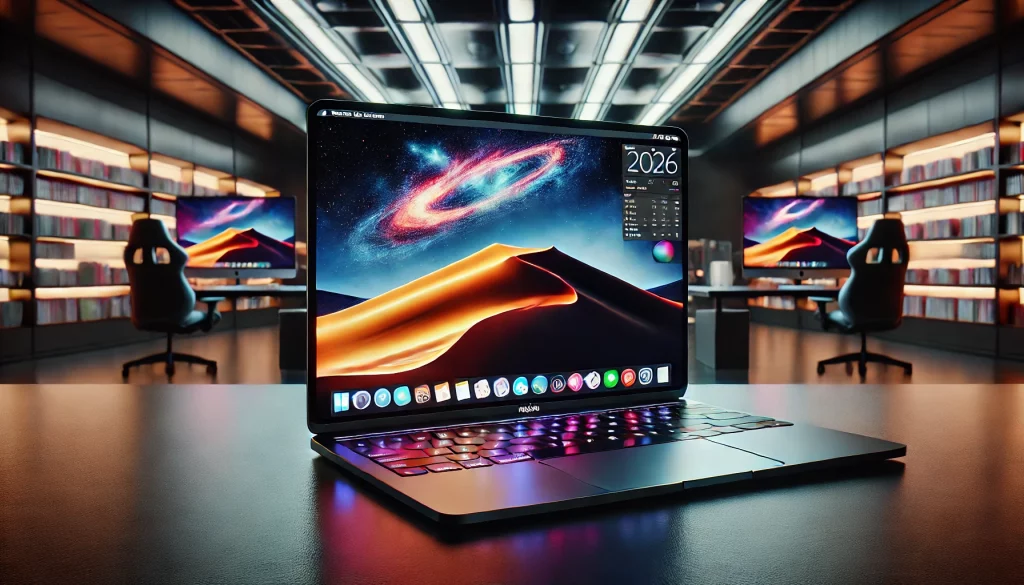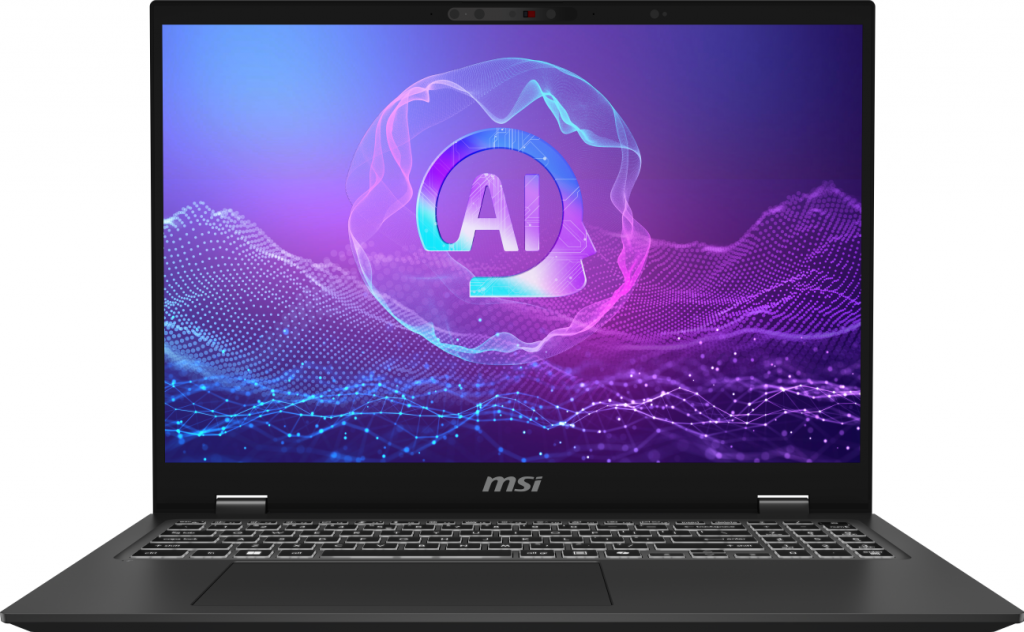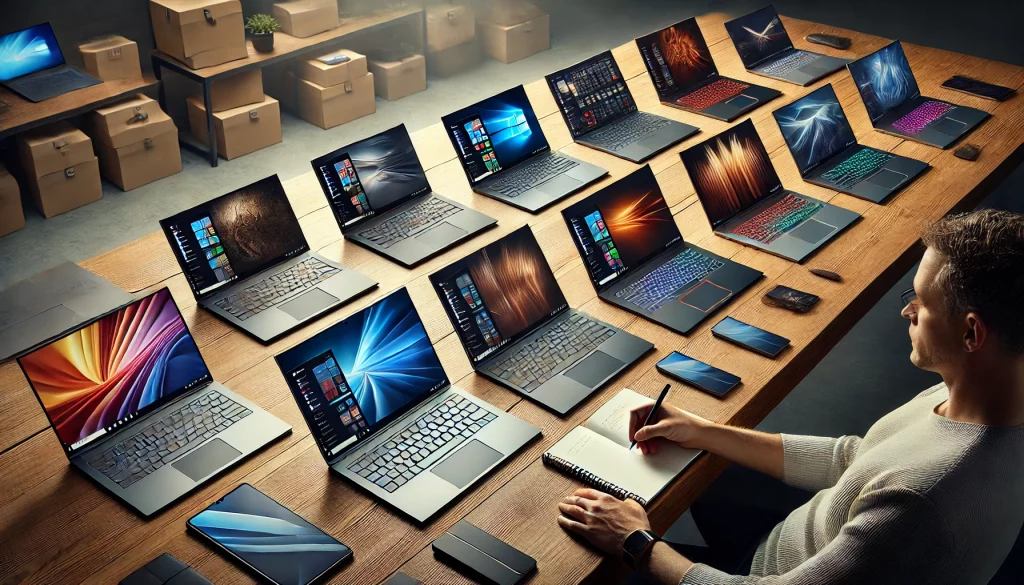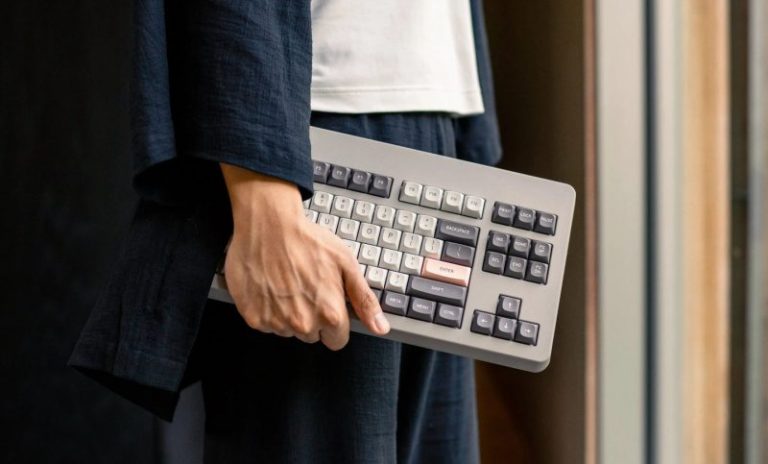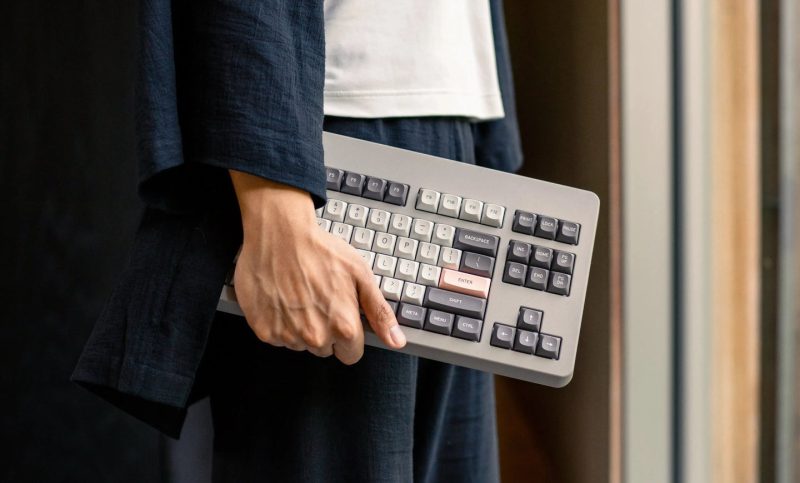AI music generation in 2025 isn’t just about beat-making—it’s about full song creation, audio branding, rapid ideation, and personalized soundtracks. From indie creators to professional musicians, AI platforms now play a pivotal role in how music is imagined, composed, and shared. Thanks to natural language prompts and advanced generative models, anyone can generate a fully-produced track in minutes.
Here’s a look at the top platforms, the latest innovations, and the growing debates shaping AI-generated music this year.
 The Top AI Music Generators in 2025
The Top AI Music Generators in 2025
 Suno AI (v4.5)
Suno AI (v4.5)
- Strengths: Realistic vocals, customizable styles, multi-genre full-song generation
- Latest Update: Version 4.5 launched May 1, 2025; up to 500 songs for $10/month
- Controversy: Under legal scrutiny by the RIAA in the U.S. and Germany for alleged copyright misuse during training
- Use Case: Ideal for content creators and indie artists needing full-length vocal songs quickly
 Udio
Udio
- Strengths: Studio-quality vocals, remixing, “radio-ready” tracks
- Free Tier: Around 600 songs/month with generous export options
- Community Buzz: Gained rapid traction on platforms like Reddit and YouTube for its genre flexibility and vocal clarity
- Best For: TikTokers, podcasters, remixers, and musicians looking for collaborative track iteration
 Soundraw.io
Soundraw.io
- Awarded: Best AI Music App for Musicians (2025)
- Features: Deep editing controls (melody, drums, bass, backing, tempo), commercial-safe output
- Interface: Drag-and-drop simplicity with creative flexibility
- Why It’s Unique: Allows musicians to tweak AI compositions down to the beat—bridging human creativity with AI efficiency
 Media.io Music Generator
Media.io Music Generator
- Focus: Quick, mood-based royalty-free music for content and ads
- Standout: Excellent at generating short, stylistically relevant background audio
- Popular Among: YouTubers, marketers, and short-form video creators
 Others Worth Mentioning
Others Worth Mentioning
- Boomy – Instant music creation with upload-to-streaming capabilities
- Beatoven – Focused on emotional scoring and video soundtracks
- Mubert – Royalty-free generative music with licensing for commercial use
- AIVA – Classically oriented AI composer that writes film scores and orchestral pieces
- Riffusion – Loop-based AI with real-time, waveform-style music creation
 Tech Advancements: What’s New in 2025?
Tech Advancements: What’s New in 2025?
Two major foundation models launched this year are shaking things up:
- ACE-Step: An open-source transformer model optimized for melody alignment and chord progression stability. Delivers full multi-instrumental tracks with impressive coherence.
- SongBloom: Integrates lyric generation and musical arrangement into one pipeline, capable of producing a 3-minute structured song with vocals in under 20 seconds.
These breakthroughs are pushing AI from soundbeds and loops into fully orchestrated, emotionally tuned compositions.
 Ethical Tensions & Creator Pushback
Ethical Tensions & Creator Pushback
While the tech is soaring, the debate over ethical and legal use is heating up:
- RIAA Lawsuits: Both Suno and Udio face active lawsuits over the alleged use of copyrighted music in their training datasets. This has sparked broader concerns across the music industry about fair use and artist consent.
- Artists Speak Out: Nick Cave, Billy Corgan, and Keith Urban have voiced strong opposition, arguing that AI compositions may lack the emotional nuance that defines human-made music. Cave called it a “grotesque mockery of the soul of the song.”
- Splice’s Ethical Stance: CEO Kakul Srivastava recently drew the line: AI should support creativity, not replace musicians. Splice is focusing on tools that augment ideation without replicating copyrighted sounds or bypassing artist attribution.
 Real-Time Music Assistants
Real-Time Music Assistants
More AI music platforms now include smart assistants that:
- Suggest chord progressions in real-time
- Adapt backing instruments to lyric tone
- Auto-master finished tracks to commercial-ready levels
- Offer feedback on energy, tempo, and emotion matching
This is transforming music production from a static to a conversational, iterative process.
 Final Take
Final Take
The AI music scene in 2025 is rich with powerful, diverse tools:
| Platform | Best For | Vocal Support | Licensing | Notes |
|---|---|---|---|---|
| Suno | Full songs & vocals | Yes | Commercial & personal use | Legal issues ongoing |
| Udio | Remixing & radio-ready tracks | Yes | Flexible use | Strong community support |
| Soundraw | Customizable backing tracks | No | Fully royalty-free | Great for musicians |
| Media.io | Background and ad music | No | Commercial-ready | Fast and simple |
| Boomy | Upload to Spotify/Apple | Yes | Royalty-split model | Great for first-time users |
| AIVA | Classical, film scoring | No vocals | Yes | Great for composers |
With cutting-edge models like SongBloom and ACE-Step redefining what’s possible, and a growing conversation around copyright and ethics, 2025 marks a turning point: AI isn’t just generating music—it’s becoming a collaborator in the creative process.
1. Suno AI Music Generator
Suno AI stands out as a leading AI music generation platform that transforms simple text prompts into complete songs. Users can create music with vocals and instrumentation just by describing what they want.
The platform offers impressive song quality that many find surprising for AI-generated content. You can go from a basic idea to a finished track in seconds, making music creation accessible to everyone regardless of musical background.
What makes Suno special is how it handles both instrumentals and vocals. The AI can generate songs across various genres and styles based on your text descriptions.
Suno competes directly with other AI music tools like Udio, but many users note its ability to create astonishingly good music tracks from simple prompts. This ease of use makes it popular among beginners and professionals alike.
The free version of Suno AI Music lets users experiment with creating songs without cost. This accessibility has helped grow its user base quickly since launch.
Music professionals have noted how Suno can generate complex compositions in specific genres. For example, it can create an intricate djent/progressive metal groove with passable production quality in just seconds.
The platform works through a user-friendly interface where you type what you want and the AI handles the rest. This approach removes traditional barriers to music creation like needing instruments or recording equipment.
Users can explore existing creations for inspiration before making their own music. This feature helps newcomers understand what’s possible with the technology.
Suno continues to improve its capabilities with each update. The quality gap between AI-generated and human-created music grows smaller as the technology advances.
For those without musical training, Suno offers a way to express creative ideas that would otherwise remain unexplored. This democratization of music creation represents one of AI’s more positive creative applications.
2. Udio AI Composer
Udio stands out as a powerful AI music generator that lets users create original tracks in seconds. This tool allows anyone to make music without musical training or skills.
Users simply type a text prompt describing the music they want, and Udio creates it instantly. The process is straightforward and accessible to beginners.
The platform offers an intuitive interface that makes music creation simple. People can generate songs for various projects including videos, podcasts, or personal enjoyment.
Udio has gained recognition as one of the top AI music generators available today. It competes directly with Suno, with both producing high-quality tracks from basic text descriptions.
The quality of music from Udio is surprisingly good. Many users have noted how the AI creates compositions that sound like they were made by human musicians.
Some creative users have found Udio helpful for specific purposes. For example, some tabletop gamers use it to create mood-setting music for their role-playing sessions.
The technology behind Udio combines machine learning with music theory. This allows it to understand musical styles, instruments, and composition techniques.
One advantage of Udio is its speed. Creating a track takes only seconds, compared to the hours or days a human composer might need.
Udio also enables users to share their creations with others. This feature builds a community of AI music enthusiasts who can learn from each other’s prompts and results.
For those wanting to learn more about using the platform effectively, there are comprehensive tutorials available online. These guides help new users understand how to craft better prompts for their desired musical outcomes.
The platform continues to improve as developers enhance its abilities. Each update brings new features and better music quality.
For creative professionals and hobbyists alike, Udio provides a valuable tool for quick music production. Its accessibility opens music creation to everyone regardless of musical background.
3. AIVA (Artificial Intelligence Virtual Artist)
AIVA stands for Artificial Intelligence Virtual Artist, a tool that creates music using AI technology. It was one of the first companies to solve the challenge of instant music generation with artificial intelligence.
AIVA works in your web browser, using deep learning algorithms to compose music. These algorithms have been trained on thousands of musical pieces to help the AI learn how to make its own songs.
The system can create emotional soundtracks for many different projects. These include movies, TV shows, video games, commercials, and trailers.
Many users enjoy AIVA because it lets them make custom music without needing to know how to play instruments. The company’s mission is to empower individuals by creating personalized soundtracks with AI.
AIVA has been around for several years. Early on, the company seemed to focus on making music for video games that could play during gameplay.
The platform runs online, so users don’t need to download special software. This makes it easy to access for beginners and professionals alike.
Users can choose different musical styles and moods when creating songs with AIVA. The AI then builds a unique piece based on these choices.
The quality of AIVA’s music has improved over time as its AI systems have gotten better. Many people find it hard to tell the difference between songs made by AIVA and those made by human composers.
For people looking to add background music to their projects without hiring musicians, AIVA offers a quick and affordable option. The generated music can be downloaded and used in various formats.
4. Beatoven.ai Background Music Creator
Beatoven.ai stands out as a tool for creating unique background music. This AI music generator helps users make royalty-free tracks they can truly call their own.
The platform uses AI to help content creators build custom music. It’s designed with a user-friendly interface that makes music creation simple for beginners and pros alike.
YouTube creators find Beatoven.ai especially helpful. The platform offers royalty-free background music specifically designed for video content, solving copyright concerns many creators face.
Game developers also benefit from Beatoven.ai’s services. The game music generator helps create soundtracks that match different gaming scenes and emotions.
What makes this tool special is its text-to-music feature. Users can simply type what they want, and the AI creates matching music. This makes custom music creation possible even for those with no musical training.
The customization options let users adjust their tracks to fit specific needs. They can change tempo, mood, and instruments until the music perfectly matches their project.
Beatoven.ai is gaining popularity in 2025 as one of the best AI music generators available. Its focus on creating original music helps content creators avoid copyright strikes.
The platform works well for many different projects. Whether making YouTube videos, developing games, or creating podcasts, users can find sounds that fit their needs.
For beginners, Beatoven.ai offers guides on how to make AI music. These resources help new users understand the process and get the most from the tool.
The music created is fully licensed for commercial use. This gives creators peace of mind when using these tracks in their professional projects.
5. Hydra II by Rightsify
Hydra II is the latest AI music generation model from Rightsify. This advanced tool allows creators and businesses to produce custom, high-quality instrumental music without copyright concerns.
Released in March 2024, Hydra II is being promoted as the largest AI music model currently available. It builds upon the success of the original Hydra platform with improved capabilities and a wider range of musical styles.
Users can create unique tracks for various purposes like videos, podcasts, and commercial projects. The music generated is copyright-cleared, removing licensing headaches for content creators.
The platform focuses on making music creation accessible to everyone, regardless of musical background. Its user-friendly design makes it easy for beginners to create professional-sounding tracks quickly.
Hydra II offers a diverse range of musical styles and genres. Users can generate everything from ambient sounds to upbeat pop tracks, all tailored to their specific needs.
What sets Hydra II apart is its ethical approach to AI music. Rightsify has developed the technology with a focus on creating a model that respects original artists while providing valuable tools to creators.
The platform produces high-quality instrumental music, samples, and backing tracks. These can be used for various projects without worrying about copyright claims or takedowns.
For video creators and businesses, Hydra II offers a cost-effective alternative to traditional music licensing. The one-time payment model is more affordable than subscription-based stock music services.
The quality of Hydra II’s output rivals professionally produced tracks. Many users report that the AI-generated music is indistinguishable from human-made compositions.
Rightsify continues to update and improve the platform based on user feedback. This ongoing development ensures that Hydra II remains at the cutting edge of AI music technology.
6. Mubert Music Generator
Mubert is gaining popularity as an AI music generator that creates royalty-free music instantly. The platform lets users generate AI soundtracks of specific lengths, moods, and styles with just a few clicks.
Users can create music through Mubert’s text-to-music system. This feature takes written descriptions and turns them into full songs without unwanted sound artifacts. Many consider it one of the best text-to-music solutions available in 2025.
The service offers both a web platform and a mobile app. The Mubert app starts playing original music streams made just for the listener as soon as it opens. This personal touch helps users find music that matches their taste quickly.
Mubert’s Render tool stands out as a key feature. It helps users who need music for specific projects but can’t find the perfect track. The AI creates custom music in seconds based on the user’s needs.
Some users have mixed opinions about the quality of Mubert’s generated tracks. On Reddit, some people mentioned they found that while the platform has many nice features, the music quality doesn’t always meet expectations.
For content creators looking to make music quickly, Mubert provides a straightforward solution. The platform is being used by many people for videos, podcasts, and other media projects. Users can generate music quickly without needing musical skills.
The service works well for background music in videos and presentations. Many creators use it to avoid copyright issues with traditional music sources. The royalty-free aspect makes it attractive for YouTube videos and commercial projects.
Mubert continues to improve its AI algorithms to create better-sounding music. The company regularly updates its systems to produce more natural and professional results. These improvements help users create more authentic-sounding tracks.
Musicians and non-musicians alike can benefit from Mubert’s tools. The simple interface makes it accessible to beginners while offering enough options for more experienced users. This balance helps it appeal to a wide audience.
7. SOUNDRAW Music Tool
SOUNDRAW stands out as a unique AI music generator that creates original tracks without copying existing music. Unlike many other AI tools, it doesn’t rely on text prompts to generate music, giving it a distinctive approach.
The platform offers a diverse range of genres for users to choose from. This variety helps creators find the perfect sound for their specific needs, whether for videos, podcasts, or other creative projects.
One of SOUNDRAW’s best features is its customization options. Users can shorten intros, rearrange choruses, and personalize song structure easily. These AI-powered tools make music creation accessible even to those without musical training.
Creators particularly value SOUNDRAW because it generates copyright and royalty-free music. This solves a major headache for content creators who need background music without worrying about copyright strikes or licensing fees.
The user interface is straightforward and intuitive. Even beginners can navigate the platform and create professional-sounding tracks in minutes rather than hours or days.
Many users on online forums like Quora consider SOUNDRAW their favorite AI music tool. They appreciate its ability to create original compositions that don’t infringe on existing copyrights.
The quality of SOUNDRAW’s output is impressive. The AI-generated tracks sound professional and can be used for commercial purposes without additional permissions or payments.
For content creators on tight deadlines, SOUNDRAW offers a quick solution. The generation process takes just minutes, eliminating the need to search through stock music libraries or commission custom compositions.
Teachers and educational content creators have also embraced this tool. Its easy-to-use interface and copyright-free output make it perfect for classroom projects and educational videos.
SOUNDRAW continues to improve its algorithms and features. Regular updates ensure the platform stays current with music trends and user needs.
8. Soundful AI Generator
Soundful has made a name for itself as a leading AI Music Studio for creators who need quality music quickly. This platform stands out in the crowded field of AI music generators with its focus on producing professional-sounding tracks.
Many users find Soundful’s interface easy to navigate, making it accessible even for beginners. The platform offers various genre options, though not as many as some competitors.
What makes Soundful special is the quality of its output. According to Reddit users, Soundful produces better quality tracks than some alternatives like Mubert, despite having fewer options.
The music generated by Soundful has a coherent structure that mimics human-composed pieces. This makes it particularly useful for content creators who need background music for videos or podcasts.
Producers and musicians have taken notice of Soundful’s capabilities. Some even wonder if the tool is too good, potentially competing with up-and-coming music producers.
The platform works by letting users select a genre and style. Then it creates original tracks based on these selections. Each piece has a professional quality that might surprise first-time users.
Soundful offers both free and paid plans. The free option lets users try the service, while paid plans unlock more features and remove usage limits.
For creators who need music quickly without copyright concerns, Soundful offers a compelling solution. All tracks generated through the platform come with rights for commercial use, eliminating worries about copyright strikes.
Some users have compared Soundful to other tools like AIVA. While AIVA may have a more intuitive interface, many prefer Soundful’s output quality.
The technology behind Soundful continues to improve. Regular updates add new genres and refine the quality of generated music, keeping the platform competitive in the fast-changing AI music landscape.
9. Suno’s Lyric-to-Melody Tool
Suno offers an impressive feature that turns written lyrics into complete songs. This Lyric-to-Melody tool helps musicians and creators bring their words to life with AI-generated music.
Users can input their own lyrics, and Suno creates a full arrangement around them. The system doesn’t just add basic background music – it crafts genre-appropriate arrangements with fitting instruments and melodies.
The tool works across many musical styles. Whether you want country, pop, rock, or other genres, Suno adapts to create music that matches your lyrics’ mood and intent.
One key strength is how Suno handles the connection between words and music. While some users report occasional disconnects between lyrics and tune, many find the results surprisingly cohesive.
Songwriters love this tool because it speeds up the creation process. Instead of spending hours matching melodies to words, they can get instant musical inspiration from their lyrics.
The system also helps with song structure. It naturally creates intros, verses, choruses, and endings that fit the lyrical flow. Users often praise the good endings Suno creates for songs.
Music producers find value in Suno’s ability to generate catchy melodic lines that complement the lyrics. This can spark new ideas even for experienced musicians.
The tool works well with both complete lyrics and partial ideas. Some users start with just a verse or chorus and let Suno help develop the musical direction.
For those who struggle with writing lyrics, Suno pairs well with other AI tools. Many users first create lyrics with AI writing assistants and then use Suno to bring those words to music.
Suno’s interface makes the process simple. Users paste their lyrics, select a style, and the AI does the rest. This accessibility makes music creation possible for people without traditional musical training.
10. AudioCipher
AudioCipher takes a different approach to AI music generation. Unlike other tools that create complete songs, AudioCipher is a text-to-MIDI generator that turns words and phrases into chord progressions and melodies.
This tool works within your Digital Audio Workstation (DAW) as a plugin. It uses musical cryptograms instead of artificial intelligence to create music from text input.
Musicians who already have a DAW setup will find AudioCipher helpful. The plugin lets you type in words, and it creates musical notes based on those words.
The latest version, AudioCipher V3, can generate both melodies and chord progressions from text. This makes it useful for songwriters looking for musical inspiration.
If you’re designing melodies for AI voice singing tools, AudioCipher can be a good match. The company specifically mentions that their text-to-midi VST works well with AI singing voice generators.
The main benefit of AudioCipher is how it fits into existing music production workflows. You don’t need to switch between different apps or services.
It’s worth noting that AudioCipher isn’t a standalone AI music generator. It won’t create full songs with instruments and vocals. Instead, it gives you musical building blocks.
Musicians who want to try something new might enjoy AudioCipher’s text-based approach. It can spark creativity when you’re stuck on a melody or chord sequence.
For beginners, other AI music tools might be easier to use. AudioCipher works best for people who already understand music production and want to add a new tool to their process.
Understanding AI Music Generators
AI music generators have transformed how we create and think about music. These tools use complex algorithms to produce original music from simple text prompts or predefined parameters.
How AI Music Generators Work
AI music generators are software tools that create music using artificial intelligence based on user inputs. They analyze patterns in existing music to understand elements like melody, harmony, rhythm, and structure.
When you type a prompt like “upbeat pop song with piano,” the AI processes this request through its trained models. These models have learned from thousands of songs across various genres.
The process typically follows these steps:
- Input interpretation (text prompt or parameters)
- Pattern matching with learned musical structures
- Generation of musical elements (melody, harmony, rhythm)
- Composition assembly and refinement
Popular platforms like Suno and Udio can create complete songs in minutes. Users don’t need musical training to get impressive results.
Key Technologies Behind AI Music
AI music generators are mainly powered by neural networks, machine learning algorithms, and natural language processing. These technologies work together to understand prompts and create musical output.
Many systems use deep learning models trained on vast music datasets. Some popular approaches include:
- Transformer models – These are similar to those used in text generation
- Generative Adversarial Networks (GANs) – They create and refine musical patterns
- Variational Autoencoders – They learn and reproduce musical structures
Machine learning techniques allow these systems to analyze musical patterns and create original compositions. The AI learns rules about music theory without being explicitly programmed.
Recent advances have improved the quality of AI-generated music dramatically. Modern systems can handle complex instructions about genre, mood, instruments, and even vocal styles.
Benefits of Using AI Music Generators
AI music generators offer significant advantages for musicians, content creators, and businesses. These tools help save time while opening new creative possibilities that were once out of reach for many.
Efficient Music Production
AI music generators dramatically cut production time compared to traditional methods. Users can create original songs based on specific themes or emotions in minutes rather than days or weeks. This efficiency makes music creation more accessible to beginners with limited technical skills.
These tools handle complex tasks like chord progression, melody construction, and beat matching automatically. A creator simply needs to input parameters like genre, mood, or tempo to generate a complete track.
The cost savings are substantial as well. AI generators provide a budget-friendly alternative to hiring composers or purchasing expensive music licenses. This makes custom music possible even for small projects with limited funding.
Many platforms offer royalty-free options, eliminating legal concerns about copyright. This gives creators peace of mind when using AI-generated music in their projects.
Creative Applications in Different Industries
Video content creators use AI music for unique soundtracks that match their visuals perfectly. The ability to specify exact emotions or energy levels helps produce more engaging content.
Game developers benefit from custom background music that adapts to different game scenarios. AI can generate variations of themes that change based on player actions or game environments.
Marketing teams use these tools to create branded sounds for advertisements and social media. The quick turnaround time helps businesses respond to trends and opportunities faster.
Educational content creators can generate music that enhances learning without distracting students. The music can be tailored to specific age groups or learning objectives.
AI music generators also help musicians overcome creative blocks by suggesting new melodies or arrangements. This blends technology with creativity to inspire fresh ideas while maintaining artistic control.
Frequently Asked Questions
AI music generators raise many common questions about quality, features, and usability. Let’s address the most frequently asked questions about these innovative tools.
What are the top-rated AI music generators currently available?
The most highly-rated AI music generators in 2025 include Suno AI, which has gained popularity for its user-friendly interface and quality outputs. Udio AI Composer ranks high for its compositional capabilities and versatility across genres.
AIVA (Artificial Intelligence Virtual Artist) continues to be respected for its focus on creating emotional, soundtrack-style compositions. Beatoven.ai stands out for background music creation, while Hydra II by Rightsify offers professional-grade production quality.
Many users prefer these tools because they balance ease of use with high-quality output.
Which AI music generators offer high-quality vocal synthesis?
Suno AI leads the pack in vocal synthesis quality, producing remarkably realistic singing voices in various styles. The platform can generate vocals that sound close to human performances in multiple languages.
Udio AI also provides strong vocal capabilities, though some users note it works best with certain vocal styles. These tools can create harmonies, background vocals, and lead parts with adjustable characteristics.
The technology has improved dramatically since 2023, with much more natural phrasing and emotion in AI-generated singing.
How do AI music generators with text-to-music capabilities compare in quality?
Text-to-music generators vary significantly in how well they interpret prompts. Suno AI consistently receives praise for accurately translating text descriptions into musical pieces that match the intended mood and style.
AIVA performs well when given specific musical terminology in prompts. Users report that more detailed prompts generally yield better results across all platforms.
Some Reddit discussions indicate that many AI-generated tracks still lack the organic quality of human-created music, though the gap is narrowing quickly.
Are there any professional-grade AI music generator apps for mobile devices?
Several professional-grade AI music apps exist for mobile users. Lightweight versions of Suno AI and Udio work on iOS and Android with slightly limited features compared to their desktop counterparts.
Beatoven.ai offers a fully-featured mobile experience that professionals use for on-the-go creation. These apps support exporting in high-quality formats suitable for professional productions.
Battery consumption remains a concern for intensive generation tasks on mobile devices.
Which free AI music generators require no registration or sign-up to use?
Truly free AI music generators without registration are limited. Some platforms offer free trial generations without sign-up, but these typically come with watermarks or quality limitations.
Most quality generators require at least a basic registration for copyright and usage tracking purposes. This helps address legal concerns about AI-generated content.
Users looking for quick experiments without commitment might find limited options that change frequently as companies adjust their business models.
What are users’ opinions on the effectiveness of AI music generators according to Reddit discussions?
Reddit discussions reveal mixed but increasingly positive opinions about AI music generators. Many users on r/AI_Music express surprise at how quickly the technology has improved.
Some composers have questions about how and why people use tools like Suno, reflecting ongoing debates about AI’s role in creative fields. They often note common complaints, which include repetitive structures and occasionally “uncanny valley” moments in generated music.
Professional musicians often note these tools work best as starting points or for inspiration rather than finished products.


